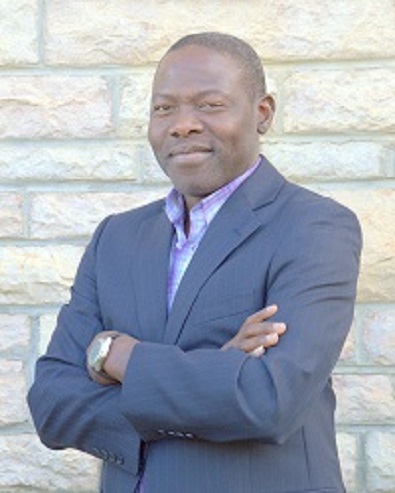Dr. Mansfield Mela. Photo courtesy of usask.sk.ca
International experts gathered at the University of Saskatchewan on Monday to help create the first ever treatment and medicine guidelines for Fetal Alcohol Spectrum Disorder.
According to experts, FASD has been recognized by medical professionals for decades and it has always been difficult to treat. The reason for that is because many people diagnosed react differently to medication.
“FASD almost always carries a second disorder,” says Dr. Mansfield Mela, head of the U of S interdisciplinary forensic mental health team. “FASD was only discovered 40 years ago and research is showing that not everything we are using to treat the disorder is working.”
Dr. Mela says families and patients were starting to voice their concerns over the absence of guidelines.
That’s why the U of S Professor led a team of 10 international experts to hammer out a set of consistent and systemic guidelines for physicians to follow when treating FASD.
“What we have done is a systematic review of everything that has been written about medicines used in the treatment of FASD and we are going to provide the best logical advice for physicians who are dealing with FASD,” says Dr. Mela.
Mela and the other experts now hope the guidelines will be adopted into medical journals and clinics across the country. They then hope to improve the guidelines based on feedback they receive.
Dr. Mela says these guidelines are vitally important because he says the absence of proper management for FASD leads to bad outcomes.
“A large number end up in prisons, have mental disorders, have substance abuse problems, don’t finish school, can’t hold down a job and cost the taxpayer a lot of money,” he says. “If we can encourage people to diagnose and treat appropriately and correctly, we are more likely to avoid those bad outcomes.”
The treatment and awareness of Fetal Alcohol Spectrum Disorder was part of the calls to action from the Truth and Reconciliation Commission. This is something Dr. Mela says was very important to their guidelines.
“The TRC calls for that increased awareness for Indigenous people, but I think it is an awareness of all the areas where people with FASD languish currently, in jail, with mental health and with substance abuse,” he says. “It is very relevant to us because it calls us to change our curriculum that we teach in medical school and to raise awareness for professionals and families, so they themselves can do something from a prevention to an intervention level.”
Doctors, pediatricians, medical students all attended the conference that was split into two parts. The first taught participants how to watch for the signs and properly diagnose FASD. The second part saw the panel of experts come together to create the guidelines for treatment.
The conference was hosted by the Canadian Fetal Alcohol Spectrum Disorder Research Network.
